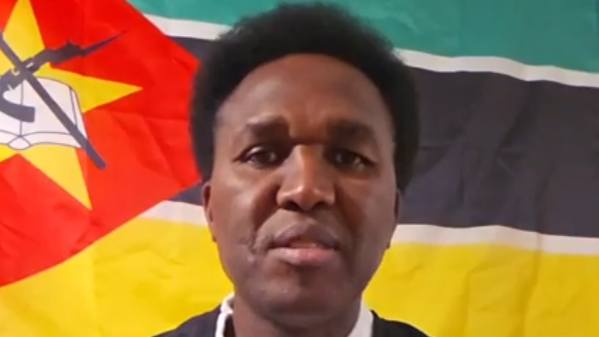In Mozambique, social media restrictions have become a prominent backdrop in the ongoing political turmoil following last month’s disputed election. Venâncio Mondlane, an independent candidate who claims he was the rightful winner, has gone into hiding after facing threats from authorities and the tragic killing of two of his aides. He is believed to be in South Africa, where he’s appealing to his supporters via social media to protest against the official results, which favored Daniel Chapo of the ruling Frelimo party. Mondlane’s disappearance coincided with a wave of violence, including the murder of his lawyer and a political associate, straining the already tense situation in the country.
In the face of these developments, tensions have escalated significantly. Following the announcement of election results, widespread protests erupted, leading to violence and fatalities. At least ten individuals were reported dead due to police action during unrest linked to the election outcome. The police, although refuting Mondlane’s claims of intimidation and politically motivated killings, were reportedly involved in suppressing numerous protests—many of which were characterized as violent. The exacerbation of the situation prompted increased scrutiny from both local and international observers, who have criticized the electoral process for irregularities and a lack of transparency.
As protests unfolded, the Mozambican government implemented restrictions on key social media platforms like WhatsApp, Facebook, and Instagram, limiting coordination efforts among demonstrators. These disruptions coincided with an uptick in reported violence, leading to mounting doubts about the government’s commitment to uphold civil liberties. Observers have noted that the strategic blackout on social media appears to be a tactic to inhibit organized dissent, leading to a narrative that suggests a calculated attempt to quell opposition voices in the aftermath of the election.
While the election results declared Chapo victorious with 71% of the vote, they have faced considerable challenge from Mondlane’s faction, with claims of voting irregularities escalating to legal action in the Constitutional Court. Meanwhile, political dialogue has taken place, as leaders from the opposition and the police have attempted to address the growing unrest and potential ramifications if the ruling party remains unchallenged in its governance. Calls for justice and institutional accountability have surfaced, as the public and opposition parties demand clarity and fairness in the electoral process.
Despite the heightened atmosphere of tension and protest, reports indicate that a semblance of calm has returned to Maputo and other urban areas in the days following the election. However, the impacts on daily life have been significant, with businesses struggling to operate normally amidst fears of violence and disruptions to public transport. Many citizens have opted to stay home for safety, leading to a decrease in economic activity. The political unrest, juxtaposed with ongoing issues such as high unemployment, has accentuated the need for resolution and reconciliation in Mozambican society.
In a bold move, Mondlane has called for a week-long “paralysis” of industry, promoting the idea that idling for a short time is preferable to enduring prolonged economic and social suffering. He has encouraged his supporters to strategically occupy pivotal locations in the capital. The political landscape remains volatile, underscored by the need for substantive dialogue among parties and the broader population. As the Mozambican people grapple with issues of safety, justice, and economic stability, the unfolding situation requires careful observation and a commitment to restoring democratic processes.

